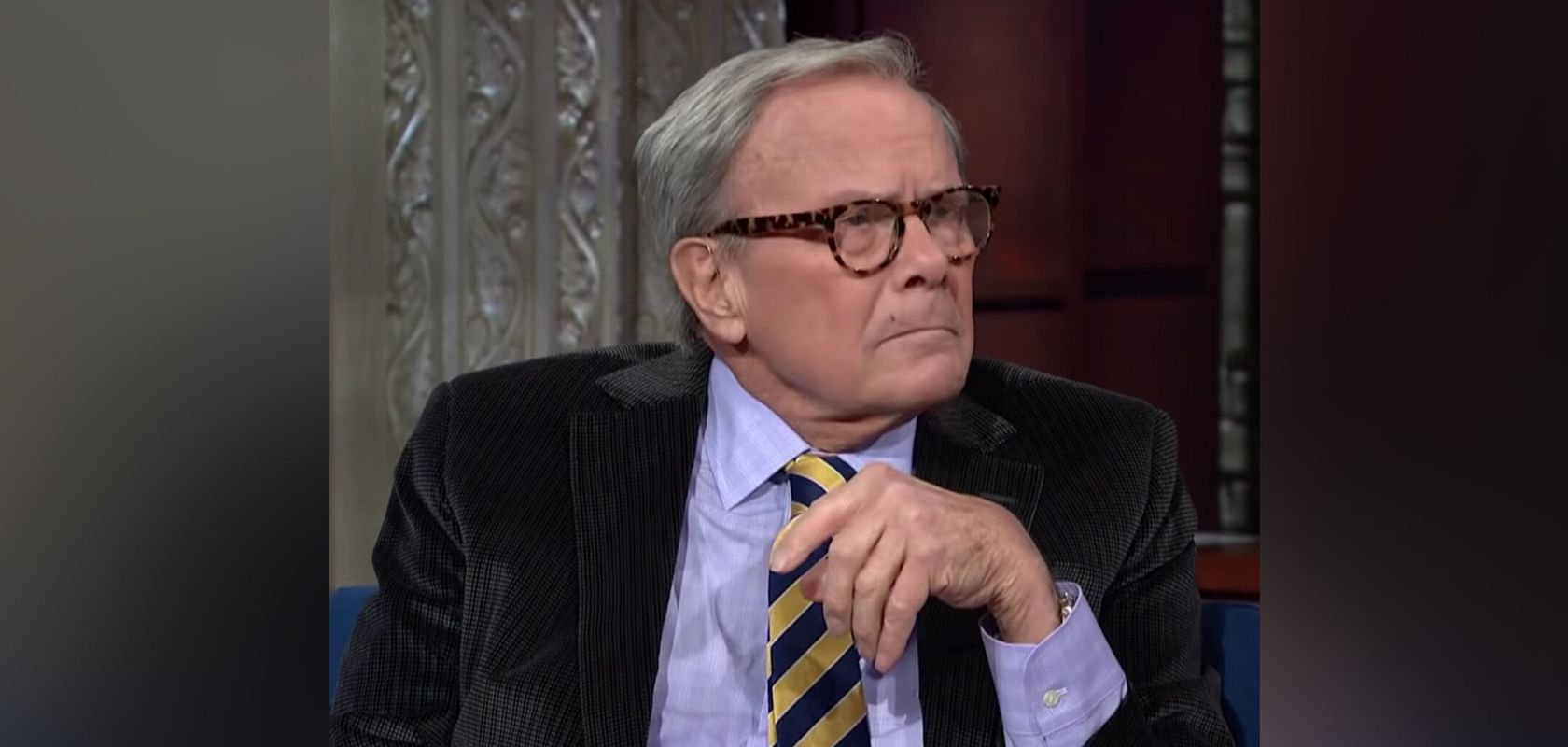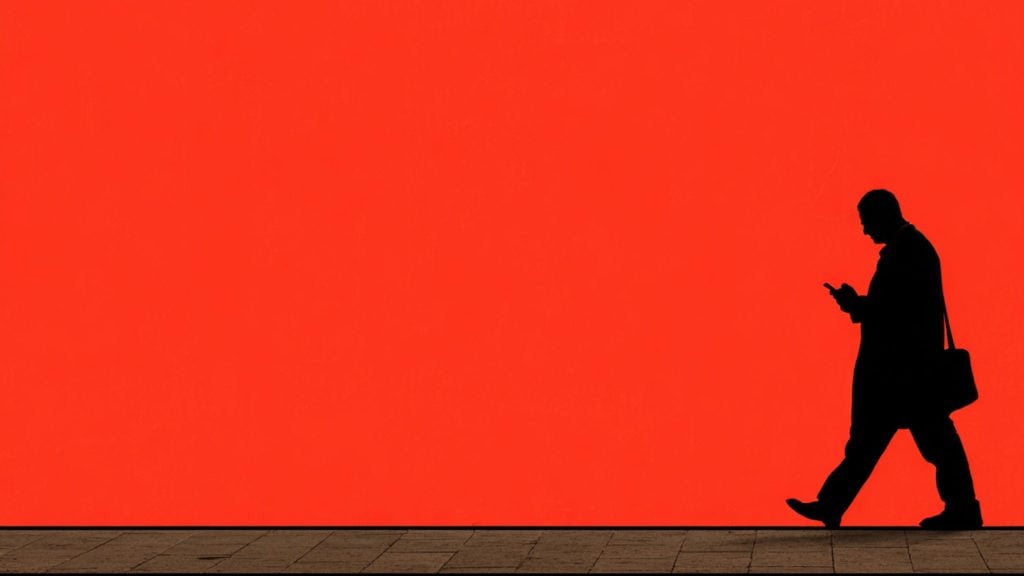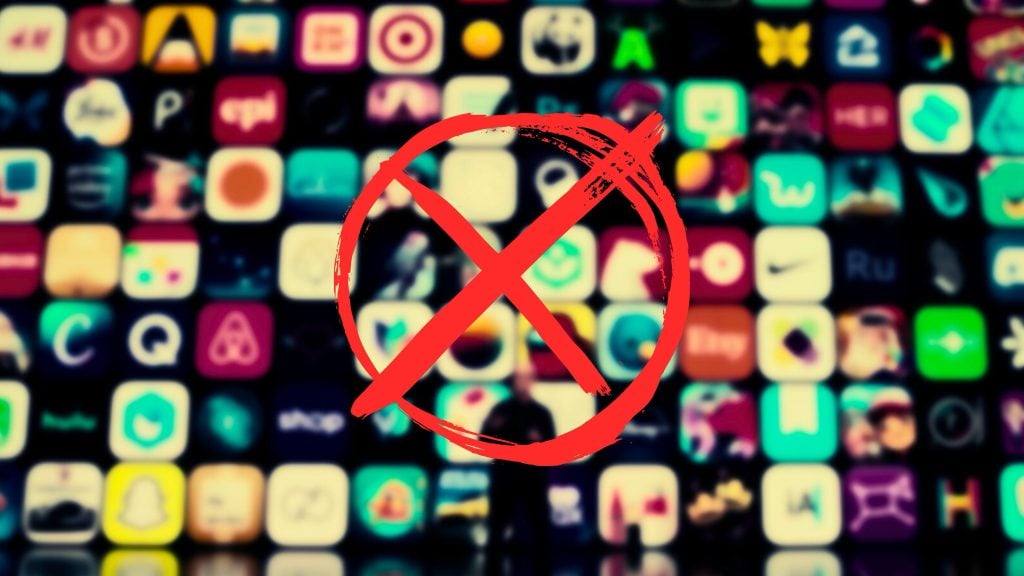The myth of journalism having once been highly respectable and trustworthy, while it now lies in ruins just because the industry has become extremely democratized with the rise of the web and the social media, continues to be peddled as almost an emergent narrative.
And the damage done by this falsity is worse when it comes from journalistic “icons” like Tom Brokaw. The NBC man shared what wit and wisdom he has with comedian Stephen Colbert on the Late Show on Monday.
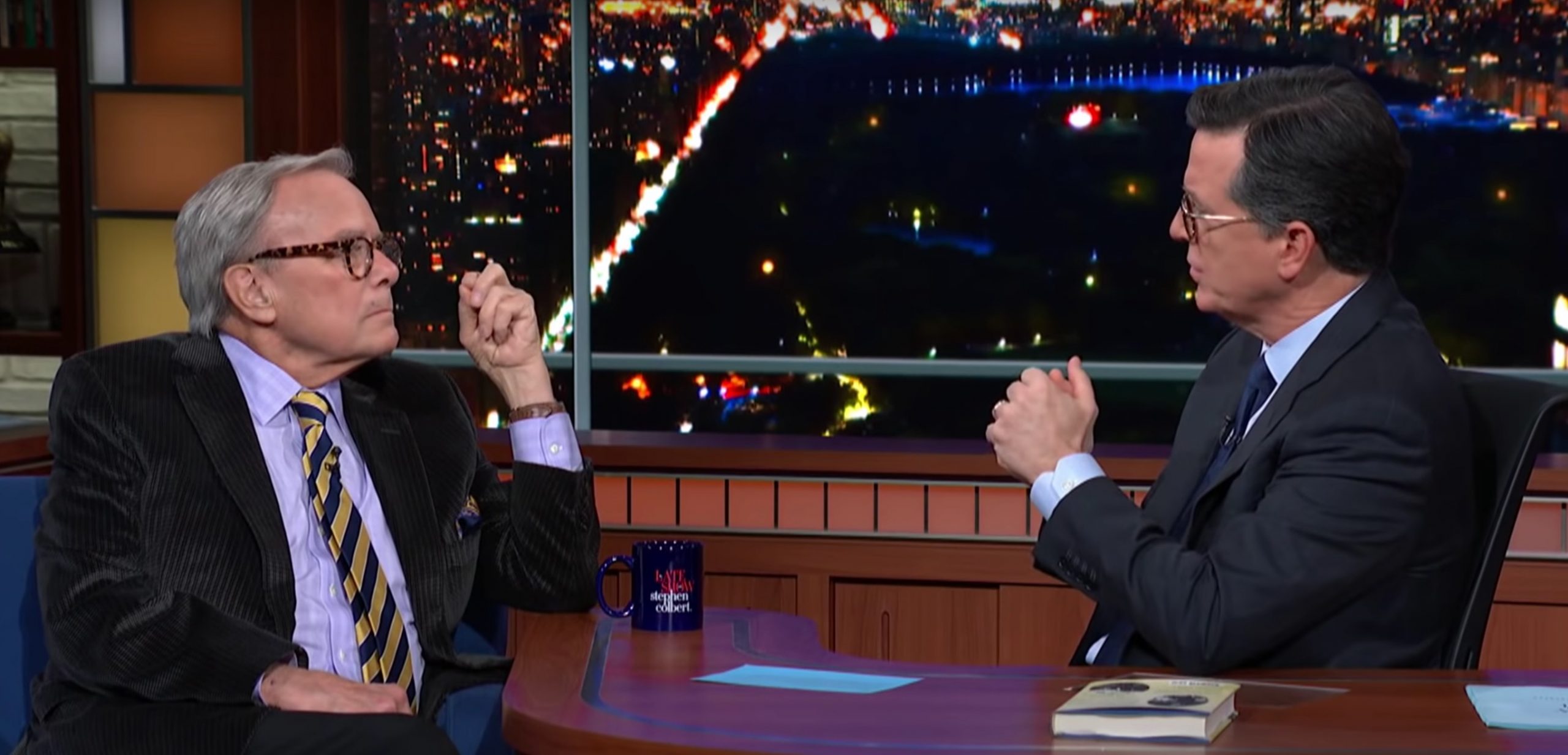
The reason to take Brokaw out of mothballs was to comment on the ongoing impeachment proceedings against President Donald Trump, in light of the journalist’s reporting about a rare impeachment campaign that almost succeeded – that against Richard Nixon in the 1970s, known as the Watergate scandal.
That led to a US president resigning, rather than actually be impeached. (That many people believe otherwise is a fine example of the “trustworthiness” of old-timey journalism, and how false narratives succeed over time.)
The conversation between Brokaw and Colbert touched on other topics, such as the perceived decline of journalism itself.
Brokaw disregarded the fact that 24-7 news coverage was something effectively launched by CNN in 1980. Instead, he accused present-day social media and new media of coming up with this method that is allegedly ruining journalism.
And Brokaw is patronizing: while it’s fine for “people to have access to stating what they believe and what they want to be involved in” – he also argues in favor of “control”:
“We’ve lost control of it because you don’t know where it’s coming from, where it’s going, what the motivation is,” he says.
He also brings up the issue of “liability to authenticate” – but it’s unclear to whom, or who should be the ultimate judge of authenticity of reporting – and what the real consequences might be.
It could easily be argued that that media are now in fact far more accountable because they can be fact-checked in real-time.
Not only this, but Brokaw – now apparently at odds with “social media fake news” – could be described as one of the “pioneers” of fake news, for his role in reporting about the 1996 Richard Jewell case – when an innocent man was wrongly accused and vilified by major media outlets as a bomber targeting the Atlanta Olympic Games.
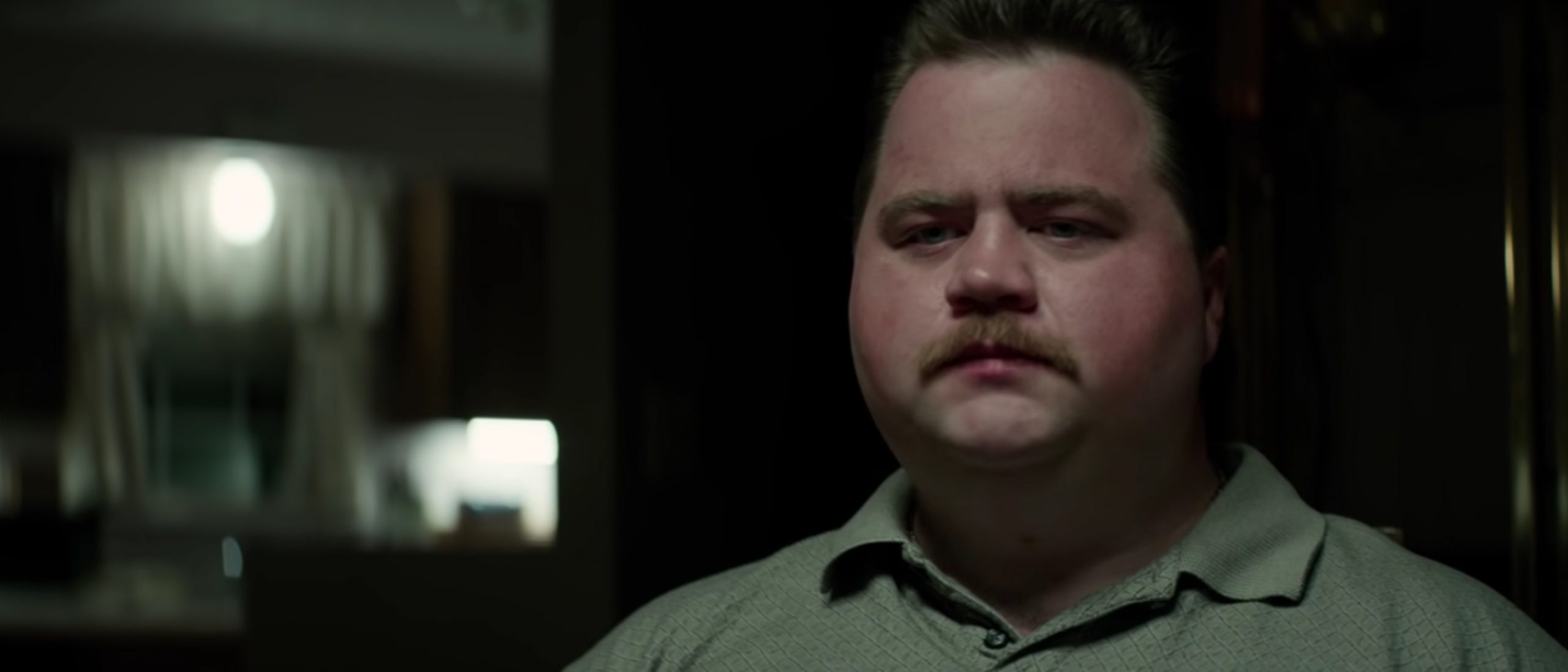
Brokaw said of Jewell at the time, “The speculation is that the FBI is close to making the case. They probably have enough to arrest him right now, probably enough to prosecute him, but you always want to have enough to convict him as well.”
Weeks after the constant smears of Jewell in the news media, the possibility of his innocence finally began to dawn upon journalists.
“I think the media’s performance has been downright embarrassing,” said Howard Kurtz, a media critic for The Washington Post. “Every news organization in the country has contributed to ruining this guy’s life without the faintest idea of whether he’s guilty or innocent.”

